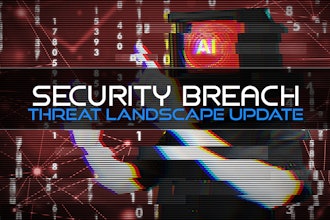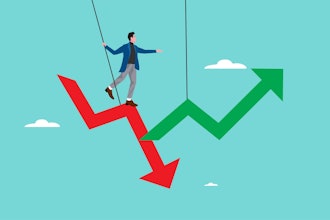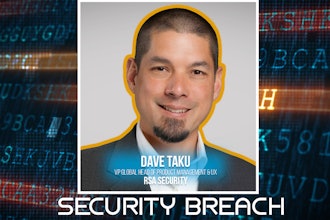Price increases are often a necessary evil, and they need to be considered carefully. But any company needs to take a step back when they're considering a price hike, which is exactly what Netflix failed to do.
A lot of people have shared their word about Netflix lately, but I'd like to take my turn at the lectern and offer an opinion as to how badly the company has recently shot itself in the foot. In fact, that cliché hardly even fits -- it's more like taking a shotgun to the knee. Regardless, I think their failures are a good lesson for any business.
I was a Netflix subscriber for more than a year, and it was a good run. I streamed content to my PlayStation 3, or my wife and I would pick out Blu-Ray movies to have sent our way in the mail -- all for about $12 a month. I watched a number of great TV shows and movies through their service (for better or worse) and I would have really liked to continue the trend.
But a few months ago, Netflix announced a price increase. They planned to split the streaming and DVD-by-mail services into two and charge $8/month apiece. Many, including myself, balked at the change. A 60 percent price hike, with no additional value, was difficult to accept. I didn't go on the Netflix blog and write nasty comments to CEO Reed Hastings like so many did, but I took a moment to calculate what Netflix really meant to me, and what I would be losing if I unsubscribed.
In all honesty, $20/month for all that content was still a very good deal -- cable TV in my area costs far more than that, and you can't watch old TV shows or newly-released movies with a basic cable subscription. In a price-to-content comparison, Netflix was still winning by a good margin. Considering that I haven't had a cable subscription for more than two years, I wasn't about to go running back to the old way of doing things. For myself -- and for most Netflix subscribers, I would assume -- the economics of the price increase shouldn't have swayed their opinions too much. Annoying, yes, but not debilitating.
When I signed up, $12/month seemed like pocket change for how much content I had access to, so I never second-guessed when they dinged my credit card every month. The problem was, by increasing the price, Netflix forced me to reconsider how much I was paying them. That alone was their fatal mistake.
This is the lesson that I think any company can take from their failures. Price increases are often a necessary evil, and they need to be considered carefully. But any company needs to take a step back when they're considering a price hike, which is exactly what Netflix failed to do. For a day, think like a consumer, and plan accordingly. If the price hike will, for a second, make a customer second-guess their choice, you've already failed.
And it doesn't help to try and justify the increase after-the-fact, or during the announcement, as Netflix did. In order to prevent sticker-shock, a smart company will first front-load customers with the numerous benefits of their arrangement, or provide some small value-added service. In Netflix' case, they should have announced a major content deal a week before the price increase, not months later.
Similarly, businesses should get in touch with big customers and get an idea of how business is going. Act like a partner, not a provider. This way, when customers step back and consider where their money is going, they will at least have your company's goodwill in mind.
And if you mess up, there's little else you can do other than simply accept the reality of a deal gone bad. Don't pursue the issue. Since I canceled my Netflix account, I've received two e-mails asking me to come back. I can't remember what they said specifically -- I deleted both e-mails as quickly as I could -- but all they did was reaffirm my cancelation.
Don't rely on cloying apologies from your CEO, either, like Netflix did. It comes off as desperate:
Most importantly, when you're coming up with an excuse for alienating your customers, don't spin off half your operation and give it a bound-to-burst-the-bubble, Web 2.0-era name like "Quikster."


















